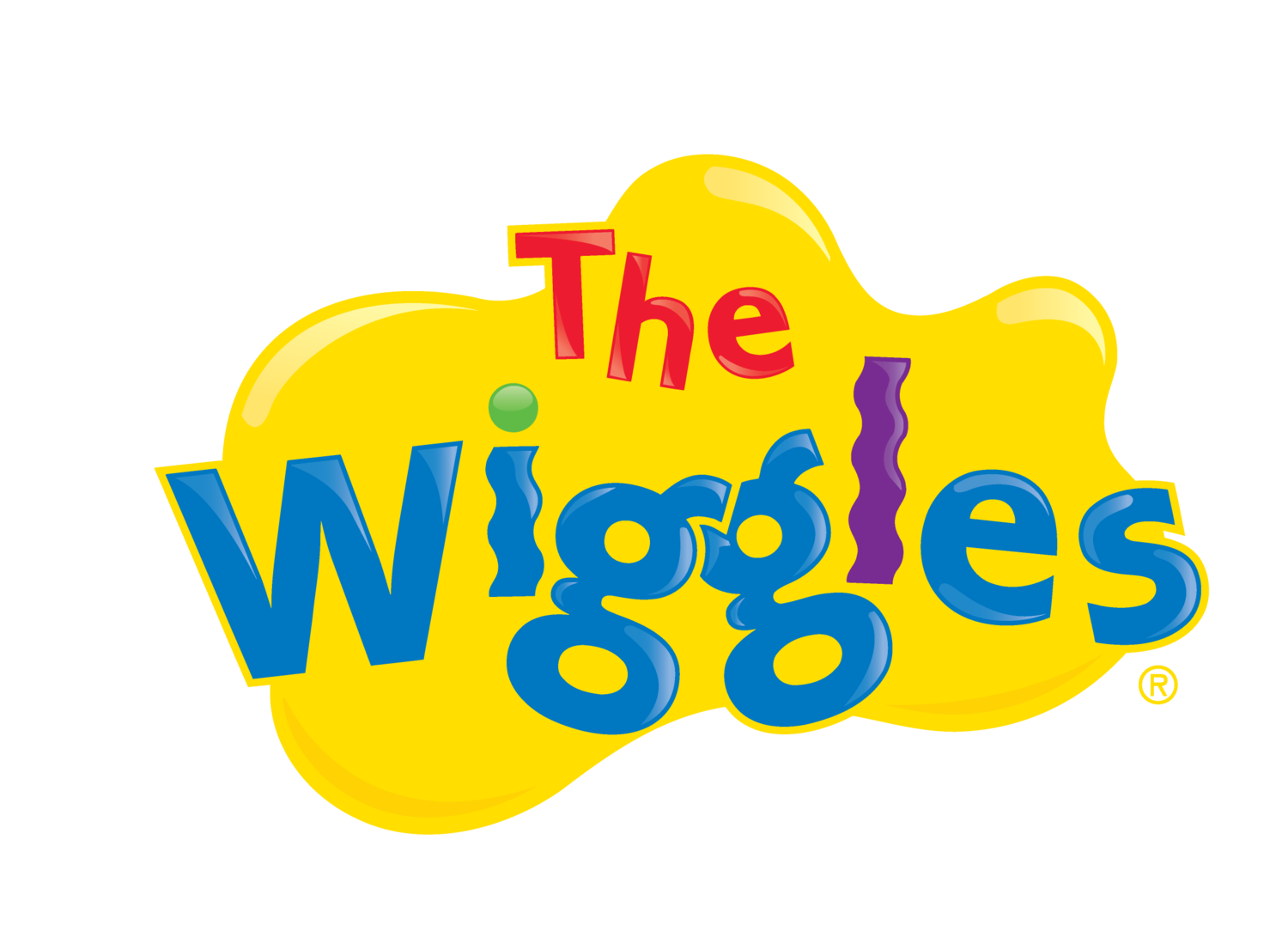Music is Part of Daily Life for Most Children
Music is part of daily life for most children. Music is all around us: television, radio, DVDs, advertising, music in the car, piped music when we shop. For young children, too, music is part of daily life. Most young children enjoy music and they respond positively and instinctively to it. They like to dance and bob around to CDs; make sounds with instruments and toys; laugh and giggle at finger plays and knee bounces; and join in with songs they've heard many times and know well.
The early years are important for all aspects of children's learning and development and this is true for musical development, too. Young children can develop musically as they grow through the first years of life and music can help many aspects of their development.
Children are born with well-developed listening skills. All children have the potential to make music in some way. Musical experiences can aid their physical development, language development, thinking skills as well as their emotional and social development. Children learn through play and by interacting with people and objects around them.
Here are just a few examples of how music can help different aspects of your child's development:
Emotional Development
Music can provide a means of self expression for young children: singing, dancing, making up songs or banging on pots and pans. Music lets children react to their experiences or events in their lives and express their feelings. This is particularly important for babies and toddlers who cannot yet use words effectively.
Social Development
Music classes provide an important social context for young children. Here they can share making music with a parent and meet and interact with other children and adults in a safe and secure.
Physical Development
Movement and dance are important aspects of music making for young children. Responding to music through movement is often the first instinctive reactions to music that babies or toddlers show. Young children enjoy learning the simple steps and patterns of dances while babies and young toddlers love to be moved about in time to music. Children also develop coordination and control of the fine muscles in their hands through playing simple instruments.
Language Development
Songs and rhymes are language-based. One great feature of many children's song lyrics is that they are quite repetitive, so they help toddlers and children whose mother tongue is not English, use and learn the language. People are often surprised at all the words 3-6 year olds can remember of songs with several verses.
Cognitive Development (thinking skills)
Music activities are excellent for developing listening and memory skills. Aural memory (remembering sounds) and aural sequencing (remembering the order of sounds, for example in a tune) are just two of the skills facilitated by musical activities.
And even more importantly, as well as helping your child to develop and learn, you will find that music making is great fun. It is enjoyable for your child and for you. Share some music with your child every day.
Louie Suthers, PhD
